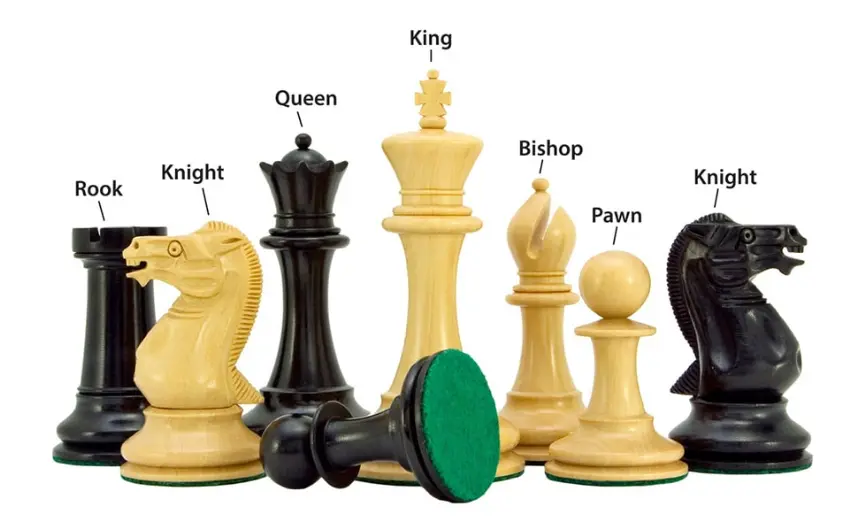The increase in concentration: Playing chess requires concentrating deeply. Logically, it allows one to concentrate a lot. Therefore, playing chess on a regular basis is a practice to deeply concentrate!!! As a result, playing chess consistently may aid in enhancing concentration and focus.
Improves Memory: Playing chess often is a beneficial workout for recalling chess moves, sequences, and plans. Consequently, playing chess helps in remembering moves, sequences, and patterns, which can advance the memory of a chess player.
Develops Patience: Chess also acts on patience. Playing chess requires patience since a long duration is needed to finish a game and handling various opponent attacks or moves needs patience. Hence, playing chess regularly will assist in learning to be patient and tolerant.
Improves Uniqueness: Chess is a game of uniqueness. Players must find singular and innovative resolutions to challenges confronted during the game.
Improves Cognitive Capacity: Chess engages critical reasoning, problem-solving, and decision-making abilities, which can grow a child’s cognitive proficiencies.
Enhances problem-solving dexterities: Chess includes unravelling intricate issues, which can aid in enhancing the problem-solving skills of children!! !
Enhances confidence: As children get more adept at playing chess, their confidence in their abilities rises.
Teaches cunning and precaution: Chess demands players to plot various moves and predict their opponent’s moves, which can instruct children on the significance of guile and precaution. Step off
Develops logic and reasoning: Chess is a logic game, and playing it supports children to excel in their logical and reasoning faculties.
Improves Spatial Awareness: Chess requires visualizing the board and pieces in separate positions, which can boost children’s spatial awareness.
Enhances decision-making abilities: Chess requests quick and efficient decision-making abilities, which can support children in making better decisions in other parts of their lives.
Encourages learning from blunders: Chess involves making blunders, but they function as opportunities to learn and enhance.
Develops Analytic Proficiencies: Chess demands players to examine the board and pieces to decide the optimal move, which can cultivate children’s analytical proficiencies.
Improves Communication Skills: Chess can enhance children’s communication abilities as they strive to express their thoughts and schemes to challengers.
Enhances societal strengths: Playing chess can help children ameliorate their social abilities, including forming relationships and interacting with others.
Encourages strategic reasoning: Chess calls for strategic reasoning, developing strategic thinking in children in other areas of their lives.
Provides a feeling of accomplishment: Winning a chess game can instil a sense of accomplishment, boosting a child’s self-respect and motivating them to keep learning and improving.
In the conclusion, chess is a game that surpasses age and intellect. Thus, you will never feel alone when engaging in chess. Those who participate in chess can relish the joy of chess. Hence, everyone should strive to master chess.


